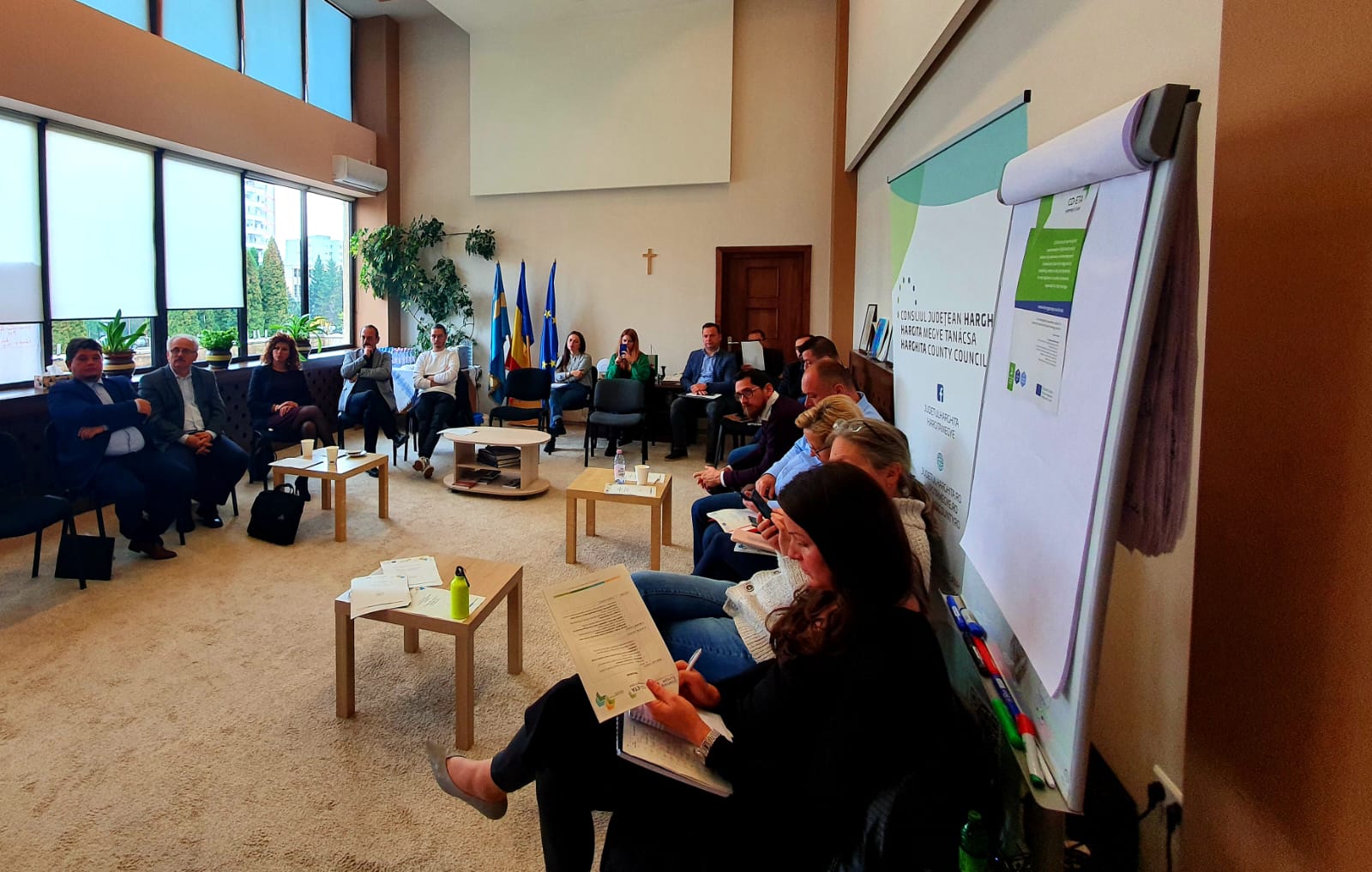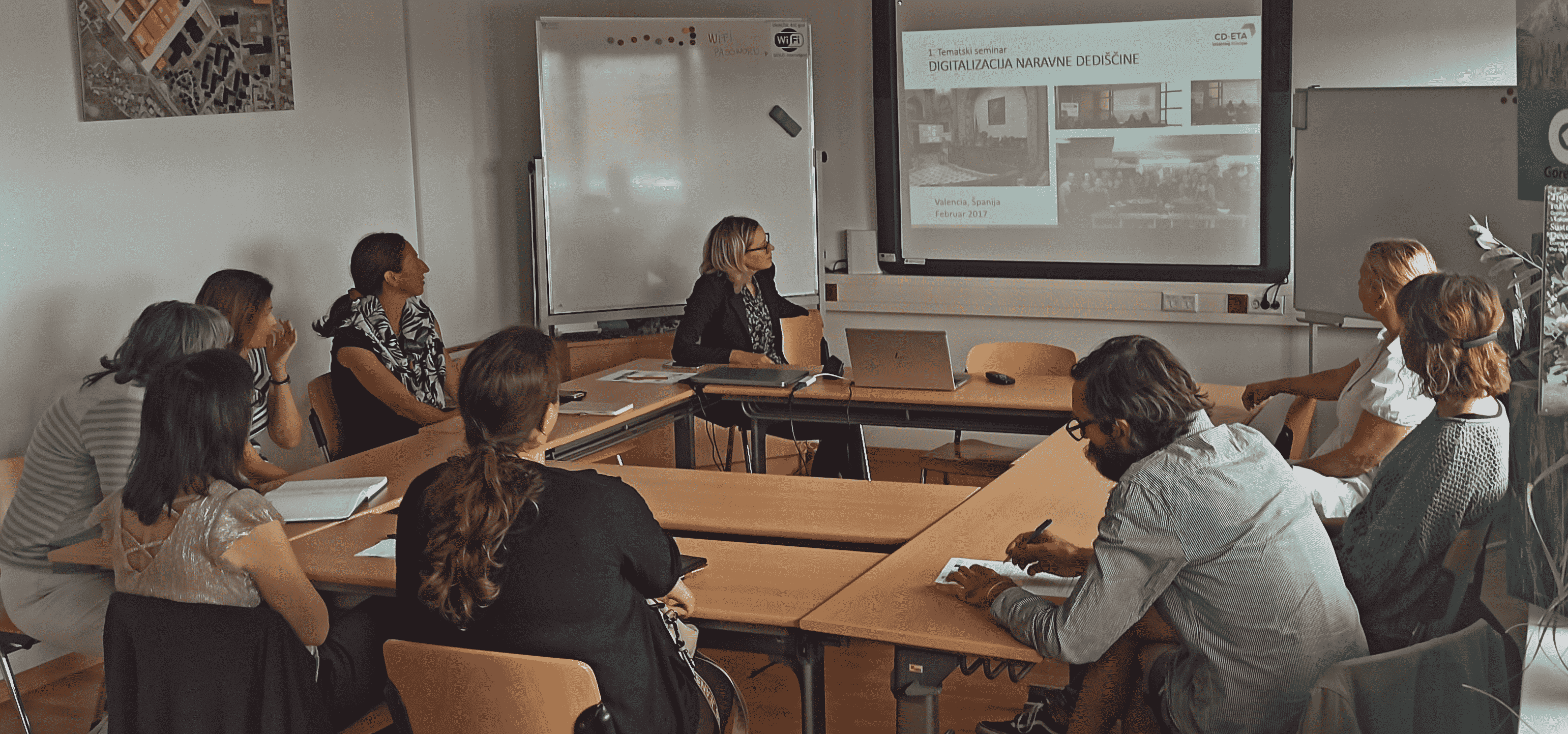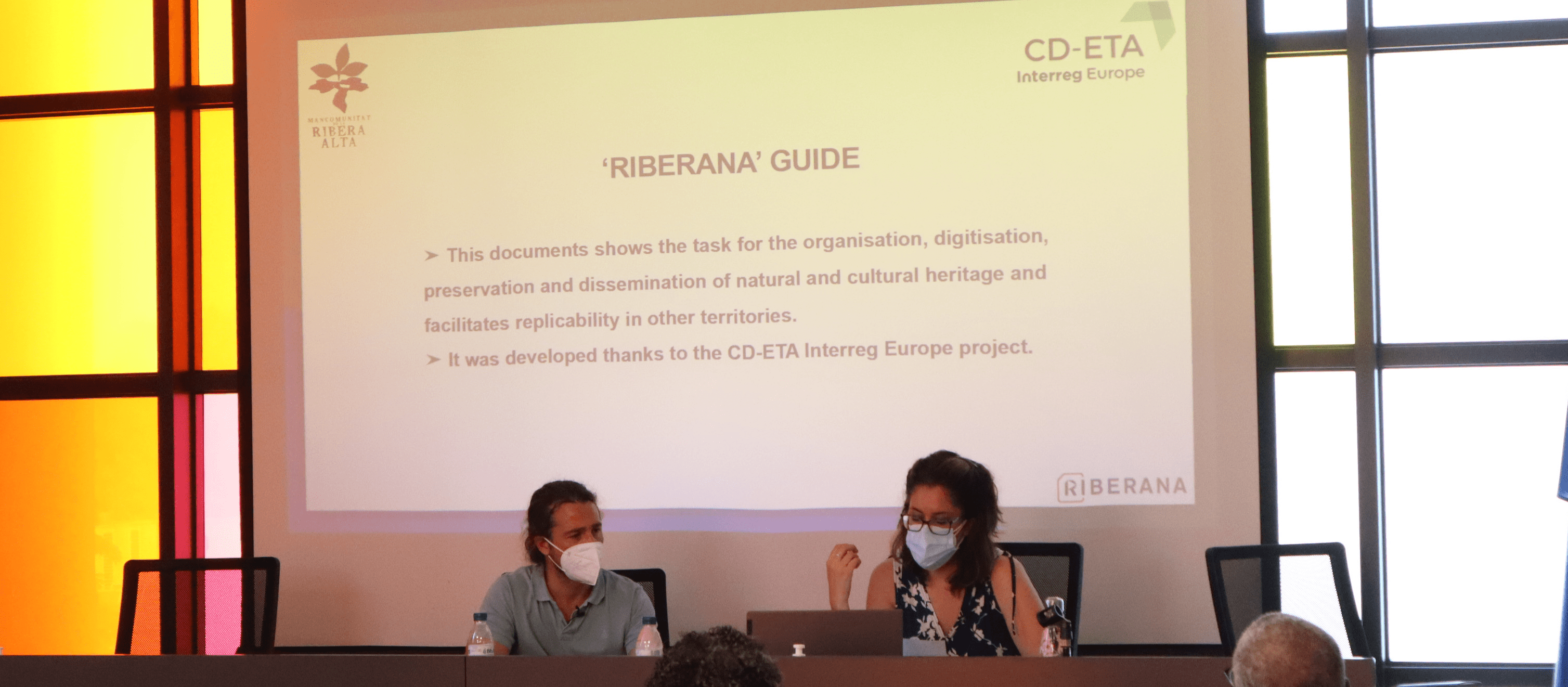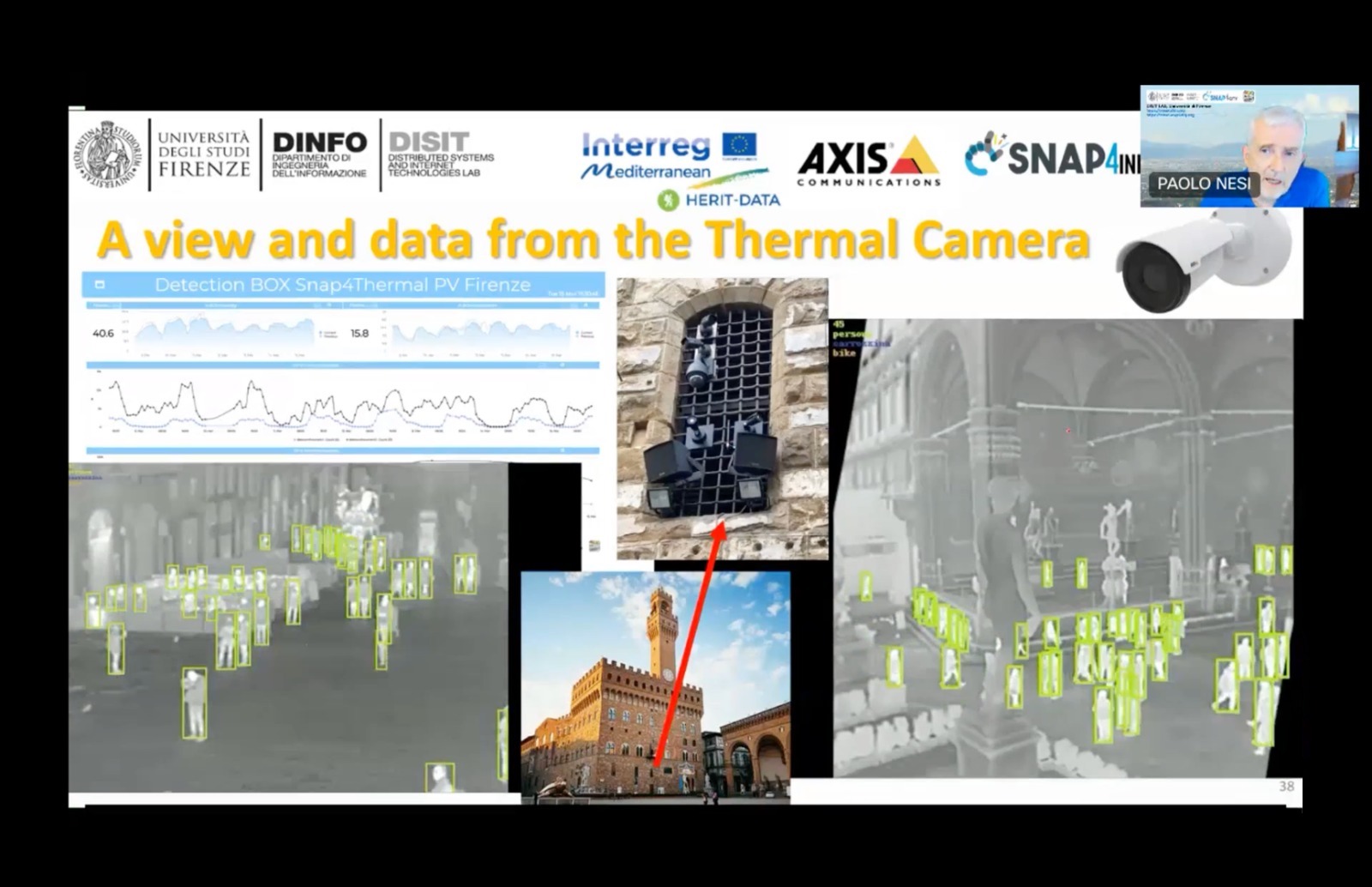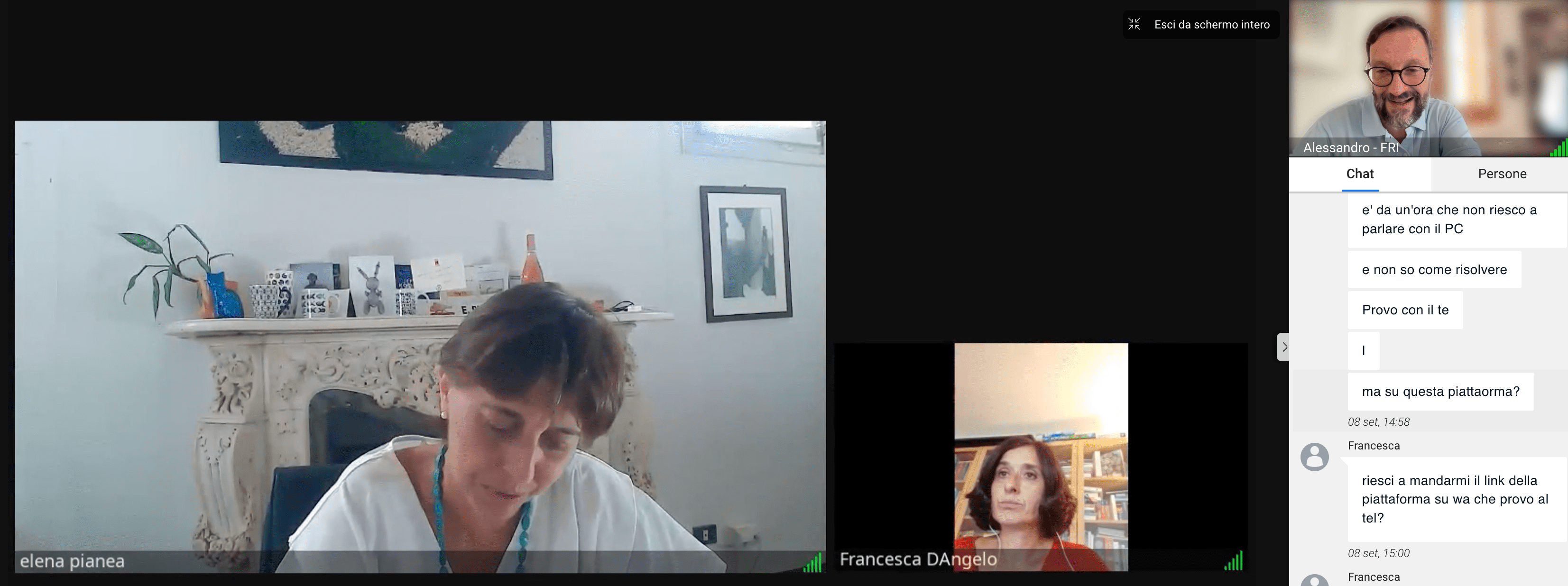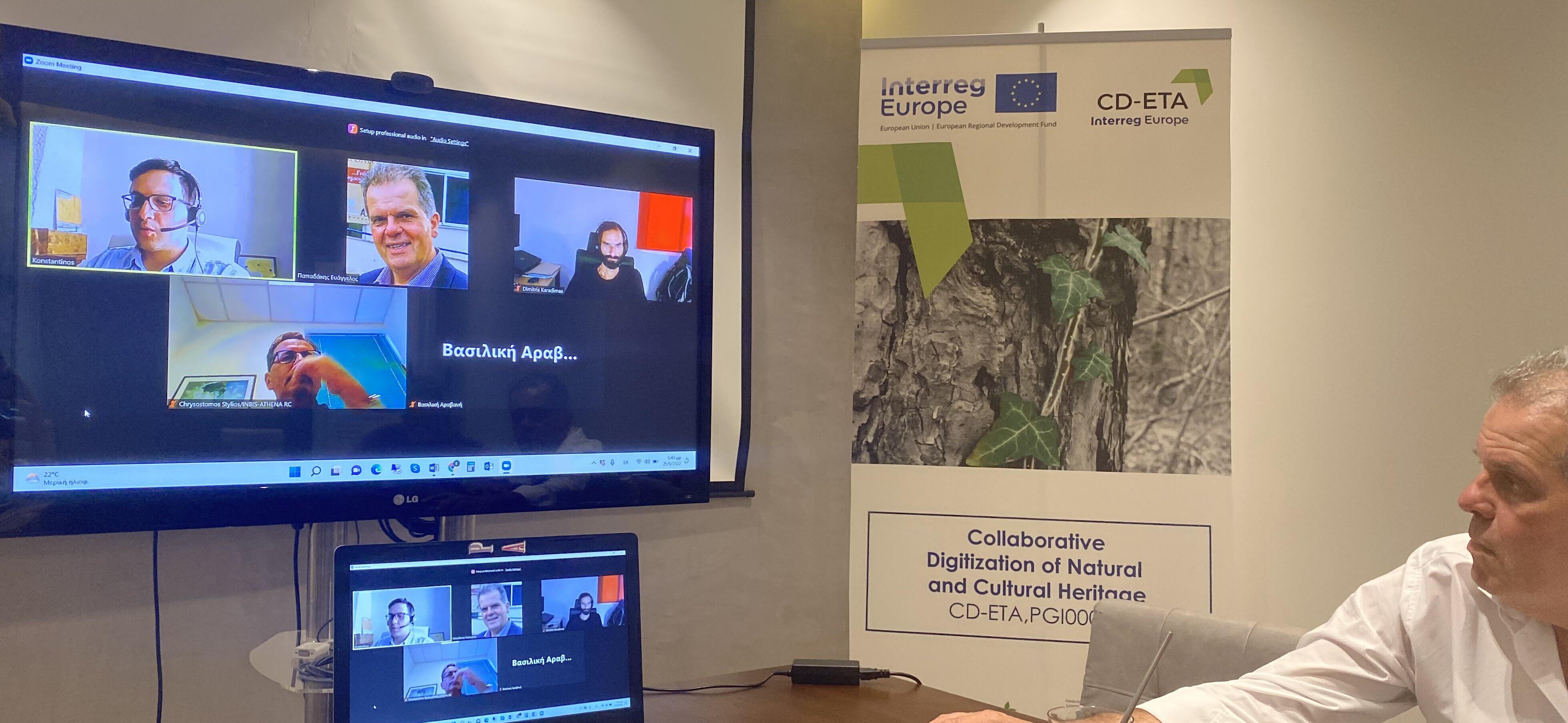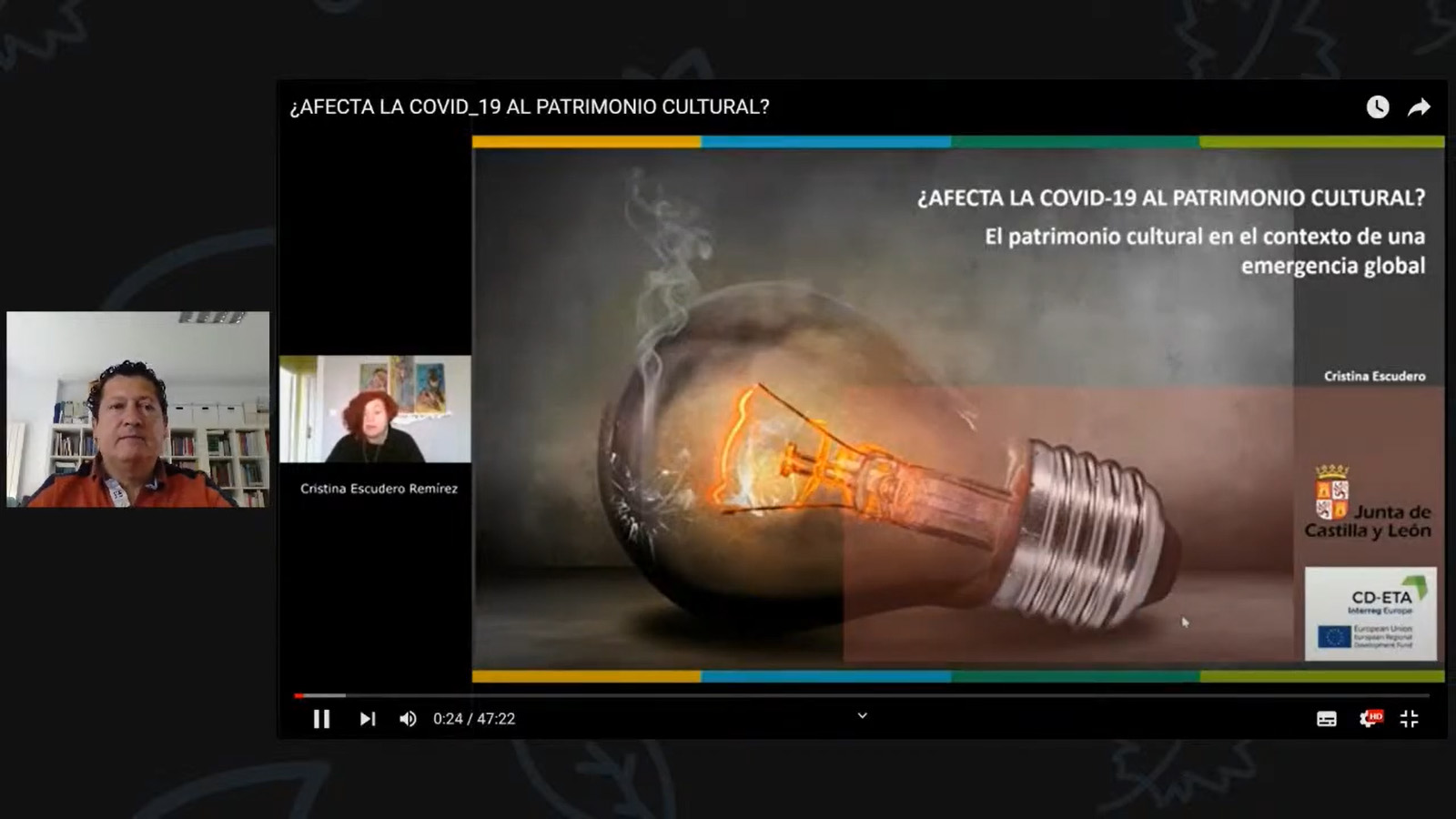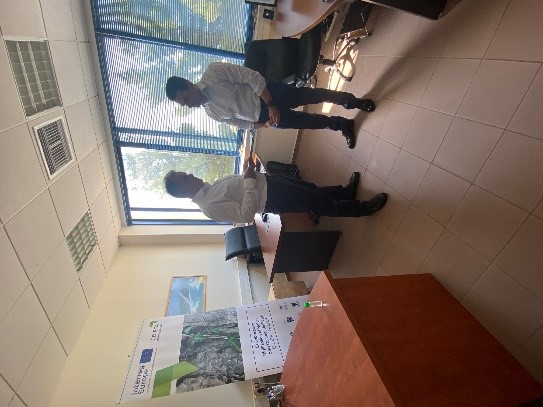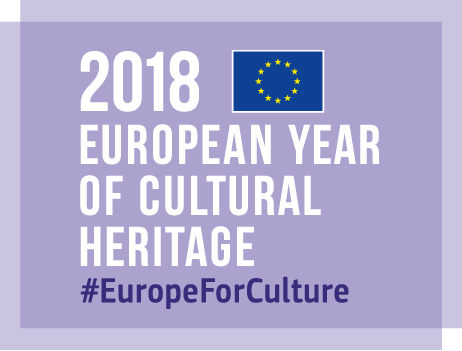The fourth Stakeholder Meeting in the framework of CD-ETA (http://www.fondazionericercaunifi.it/courses/cd-eta-collaborative-digitization-of-natural-and-cultural-heritage), our European project relevant digitization of natural and cultural heritage, involved very important representatives of the Tuscan territory working in the field of intangible heritage.
Special thanks go to our Moderator Carlo Francini, Manager of the UNESCO Office of the Municipality of Florence since 2005 and Site Manager of the UNESCO World Heritage Site “The Historic Center of Florence”.
MAIN TOPICS
1. The importance of intangible heritage
2. Digitization experiences linked to cultural industry
3. Craftsmanship and culture: artisanal production and points of sale
4. Other experiences and good practices relevant the intangible heritage in Tuscany:
a) oral traditions and expressions, including language as a vehicle of the intangible cultural heritage;
(b) performing arts;
(c) social practices, rituals and festive events;
(d) knowledge and practices concerning nature and the universe;
(e) traditional craftsmanship.
A short summary is provided in the following description of the strengths and weaknesses, opportunities and threats:
Strengths:
1. The complementary and indissoluble link between tangible and intangible cultural heritage allows mutual benefits on both sectors even in case of intervention in just one of them
2. Several representatives in the sector of intangible cultural heritage, also by virtue of a peculiar attitude and a heightened sensitivity of our territory to the topic
3. Uniqueness and absolute value of local artisanal production
4. The so-called dual-training systems - learning and working – stimulate the rapprochement between young people and craft sector
5. The craft sector attracts a great audience as well as very important international newspapers, thus fostering an increase in trade and tourism flows
6. Italians Alessandro Bertolazzi and Giorgio Gregorini won the best makeup Oscar at the Academy Awards for their work on the movie “Suicide Squad”: real Master Craftsmen! They are a shining example of how the intangible heritage covers several economic areas
7. A specific section devoted to “Made in Italy” on Google Cultural Institute, an initiative unveiled by Google to make important cultural material available and accessible to everyone and to digitally preserve it to educate and inspire future generations
Weaknesses:
1. Few actions devoted to the safeguard of intangible cultural heritage
2. A fragmented approach: it is necessary to improve our ability to work in an integrated way by fostering public/private partnerships, inter-regional clusters and ensuring good coordination
3. The broadband is very expensive which is detrimental to digitization of enterprises
4. Lack of knowledge of the real value of cultural heritage
5. Lack of knowledge of the real value of craft products, thus contributing to their economic depreciation
6. Difficulty encountered in the process of communicating cultural heritage: communication should be a support tool to improve its conservation and enhancement
7. E-commerce sites are not able to explain the remarkable value of craft products
8. Craftsmen are “bad salesmen”!
Opportunities:
1. Collaboration between public and private may implement safeguarding strategies devoted to cultural heritage
2. The bel canto style as intangible cultural heritage
3. To set up platforms offering a systemic access to existing sites
4. Digitization to safeguard craft production processes
5. The cultural wisdom of age-old craftsmanship is on the verge of extinction. A turnaround would be desirable, starting from stimulating interest and appreciation for fine craft in primary and secondary schools since children are always attracted by handicraft works
Threats:
1. The digital divide is liable to be detrimental to creative and cultural enterprises
2. Our failure to take the necessary measures to work in an integrated way leads to the risk of exclusion from very important platforms
3. New generations are inadequately prepared to understand the value of our local craft production
4. Highly-skilled craftsmen and women have become an endangered species as more young people have chosen other career options: we are in the process of losing on both resources and experience of our cultural heritage .



